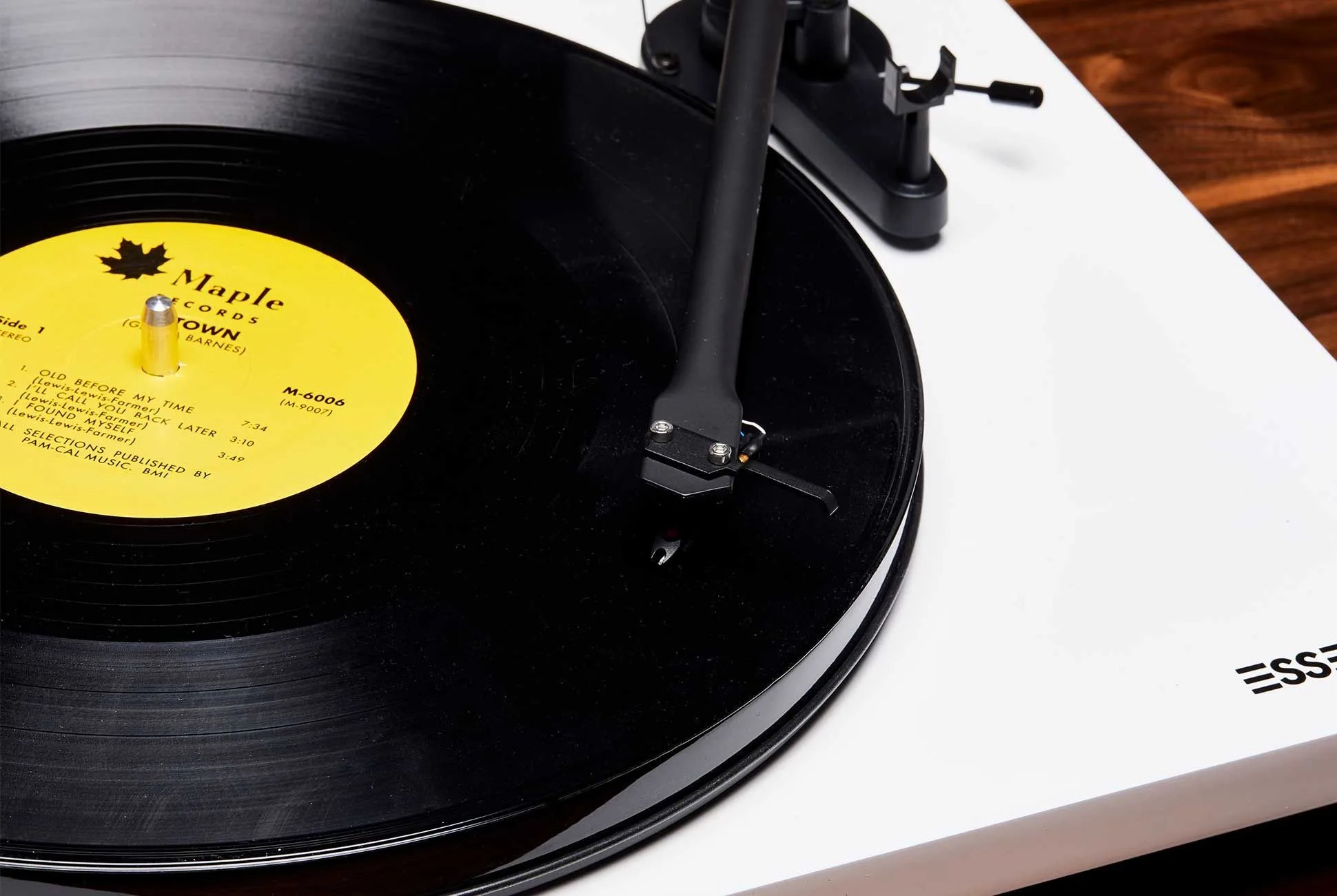Thanks guys. I could piece together all your responses in my mind and it produced good amount of clarity. Firstly, that remastering is also a mastering. If the original tapes/content are in pristine condition, its possible to produce a remaster that's exactly identical to the original master if one choses to do so (but then of course you can't make additional money through its sales to guys who owned the previous version).
Secondly, that whether one likes the SQ of the original master or the remaster depends upon one's sound preference. But it's quite safe to say that in many cases, due to how musical reproduction has evolved (or devolved) over the decades, the remaster's SQ might be poorer in dynamics than the original - something that a purist audiophile would generally not prefer. However, there can be exceptions to this as well, like the case Prem pointed out. It's best to go by one's ear and decide.
However, if one wishes to listen to what the artists themselves wanted us to hear, its best to go with the original master which in most likelihood would have been okayed by them. It's quite possible that they weren't present during the remastering decades later and what we hear might be the audio engineer's vision, unvetted by the artists. Even here, we might trust and/or like the vision of some engineers (like RVG for many) over even that of the artists and therefore opt for the remasters over the original mastering.
So, I won't make fixed assumptions one way or the other while selecting the version. Not just while purchasing CDs, but even listening on Tidal where you have a choice of multiple masterings available for some classics.


